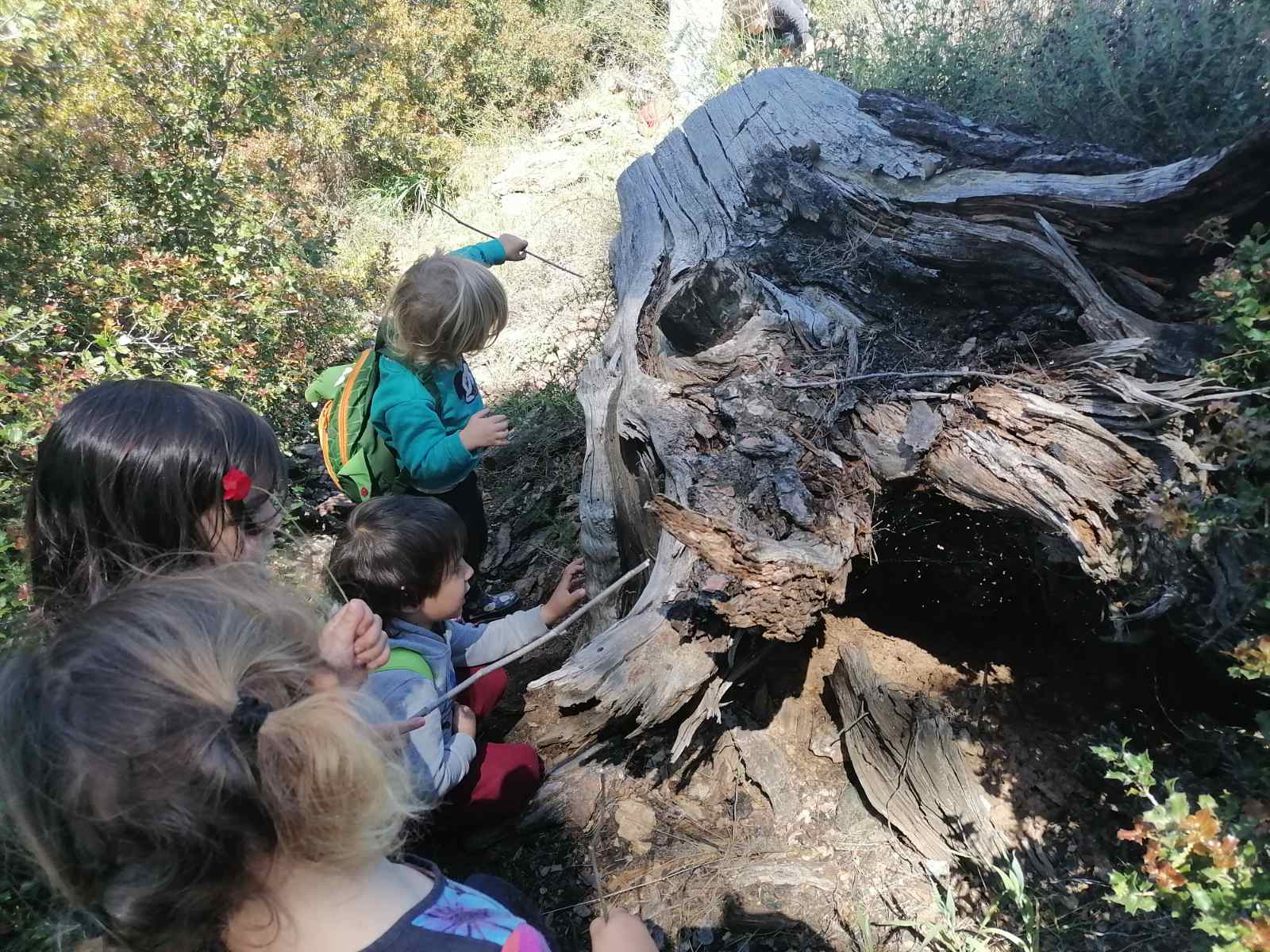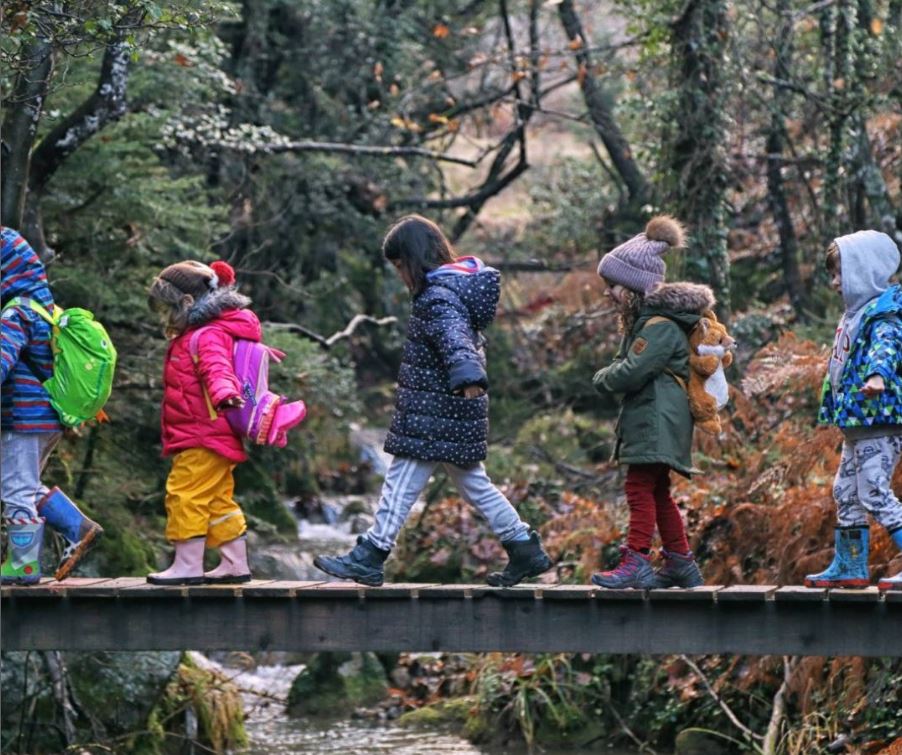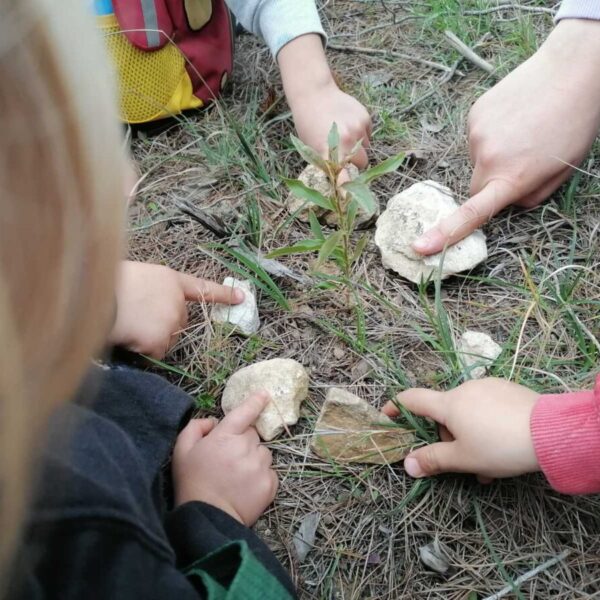In Athens, where only a few trees and rare parks remain, the question of children's relationship with nature arises. Studies have shown that the lack of contact with the natural environment can harm their physical health and cognitive development. Playing in nature, according to research, stimulates creativity and enhances problem-solving skills. Educator Vasiliki Kampilakou, aware of this deficiency, founded the first forest school for young children in 2005 in Dionysos, Attica.
"It all started with a personal need as I watched my daughter grow up. I was trying to find her a socialization space that combines physical activity and nature. But there was nothing like that in Greece. Searching online, I found forest schools in other European countries that seem to be working. Since then, my goal was to create something similar here," Mrs. Kompilakou explains.
An idea born in Sweden
After much effort and a journey to distant Sweden where the first forest school in Europe has been operating since the 1980s, Vasiliki Kampilakou finally succeeded in creating something similar in Attica (a region near Athens), under the auspices of the Ministry of Education. At "Pefkites", as the forest school is called, children have the opportunity to learn, play, and cultivate.

According to Mrs. Kompilakou, it is particularly important that, from a very young age, children visualize concepts such as curves, angles, and lines in the natural space. "Likewise, in nature, they have the opportunity to perceive sounds that are very difficult to hear in enclosed spaces, where early childhood education usually takes place. Moreover, in the forest, children learn what teamwork means by helping each other, for example, to cross a stream. Through these movements, they bond with each other", she points out, also emphasizing the importance of the adventure in which children participate in nature. "The world around us is fascinating. They do not need a cell phone or tablet to enter imaginary worlds and feel strong or competent. They can explore the canyon in the forest, run, or climb a tree. In summary, experience very pleasant moments in real time and in real space".
A program far from the school standards
Daily life at Forest School has absolutely nothing to do with that of a regular student. The program starts at eight in the morning, and as soon as the nine kindergarten students are gathered, a breakfast is prepared with organic fruits they have grown. Then, different walks through the forest follow, where signs give instructions: "count the shades of green around you" or "lie down, look at the sky, what do you see?" Then, they head to the riverbank where there is plenty of sand and build structures with their hands. Then, if it's the season, they roast chestnuts around the fire lit by the educator. There, the whole group gathers and tells stories, mostly inspired by the stimuli that caught the children's attention in the forest. At noon, they have lunch under the plane trees, and in case of rain, they take refuge in the cabin they built in the forest. "The children's favorite pastimes are rolling in the fallen leaves and climbing trees," explains Mrs. Kompilakou.
The purpose of this specific educational philosophy is to expand to other schools throughout Greece because, as Vasiliki Kampilakou notes, contact with nature is the beauty of life. "It's a pity that we live in a country with so much sun, with such a mild climate that would allow dozens of such schools to exist. Yet there is only one forest school, and it gives the feeling that learning can be something very beautiful and experiential," she concludes.
* The root of the word Pefkites is pefko (πεύκο) and means pine.

